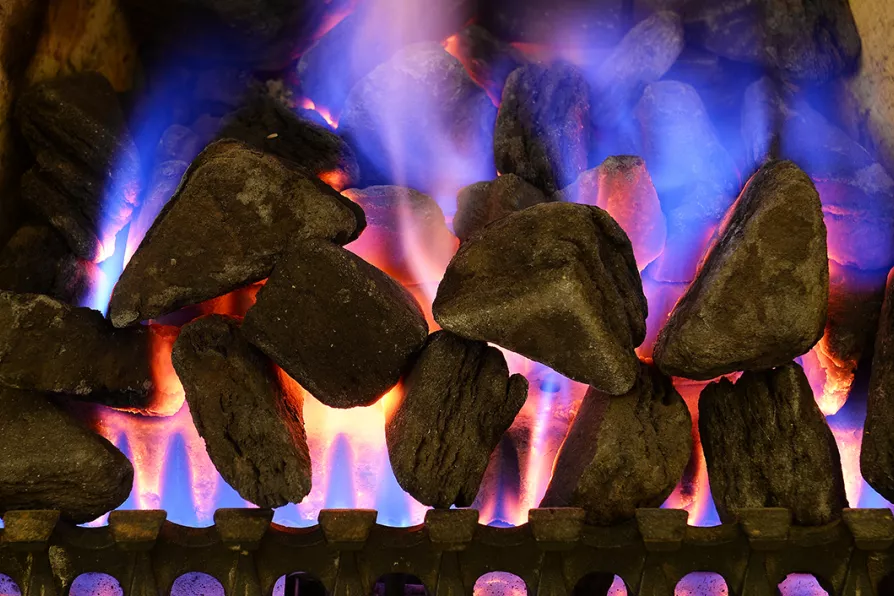Three million households doomed to fuel poverty

 A gas fuelled fire in a home
A gas fuelled fire in a home
THREE million households are doomed to remain trapped in fuel poverty by 2030 as the government is set to fail to meet its energy efficiency targets, according to new research.
The report surfaced as the Office of National Statistics (ONS) issued new data today that found that some four in 10 adults reported finding it “very” or “somewhat” difficult to afford their energy bills, while 14 per cent of those finding it hard to keep warm in their home also experienced difficulties affording food.
The National Energy Action and Energy Action Scotland report has found that the poorest households could be left paying £480 more a year to meet their energy needs while remaining in cold, damp and unhealthy homes.
Similar stories

Energy giants rake in half a trillion pounds out of people’s misery, campaigners warn













